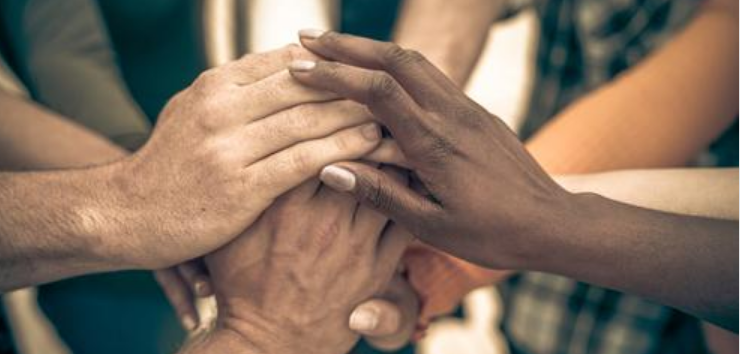
- Details
- By Chuck Hoskin Jr
Guest Opinion. In the Cherokee Nation, we love to celebrate our achievements in education, business and the arts. We honor Cherokee scientists, entrepreneurs, National Treasures, and other leaders and award-winners in many different fields. But we should hold a special place of honor for those focused on helping Cherokees outside of the spotlight, during some of the lowest moments of their lives.
Social workers change lives every day. They serve our people – from newborns to elders – when they most need help. Many who go on to become the most highly successful Cherokees only made it because a social worker stepped in at the right time. They are the backbone of our tribal government and our communities.
Want more Native News? Get the free daily newsletter today.
March is Social Worker Appreciation Month, and I want to thank our Cherokee Nation staff who fulfill this crucial social work mission. These dedicated workers make up a large part of our 4,300 employees. They can be found in Indian Child Welfare, Humans Services, Behavioral Health, Housing, ONE FIRE, Health Services, Education and Sequoyah Schools, just to name a few of the departments that provide supportive services for our citizens.

Social workers are essential at any time, and during the COVID pandemic, our teams at Cherokee Nation pushed on through the largest health crisis in generations. There were still abuse investigations to be done, child/parent visits to be coordinated, housing assistance needed and elders to be looked on. They continue to help people overcome the trauma of the pandemic and ease its burdens for families in our Cherokee Nation Reservation.
These employees doing social work-type responsibilities are unsung heroes. They help stabilize crisis situations and connect our citizens to programs and services that bring stability and long-term health and security. Simply put, they show up.
Like many other professions, social workers must follow high standards of conduct. The National Association of Social Workers Code of Ethics that guides professional social workers begins, "The primary mission of the social work profession is to enhance human well-being and help meet the basic human needs of all people, with particular attention to the needs and empowerment of people who are vulnerable, oppressed, and living in poverty.”
This mission is put into practice every day, even in risky situations. Cherokee Nation social workers help care for wounds that are not always visible, but are symptoms of historical, generational cycles of trauma. As our tribal nation adapted through time, we have relied on social workers to be our guides, helping us to overcome trauma and to not only endure, but to thrive.
The continued need for people with hearts for social work is great, especially as Cherokee Nation and our country face issues that include the continuing global pandemic, economic inequality, and challenges accessing health care, education and safe housing.
Social Work Appreciation Month allows us to recognize all the social workers that serve the Cherokee Nation and their important contributions. First Lady January Hoskin and I are so thankful for these workers who help Cherokee families through some of the hardest days of their lives. We appreciate you and your dedication and the empathy you provide to our most vulnerable citizens every day. All of us, as Cherokees, are blessed to have these compassionate souls on our side.
Chuck Hoskin, Jr. is the principal chief of the Cherokee Nation.
More Stories Like This
Colorado cannot heal until it confronts Sand Creek honestlyNative American Mothers Deserve to Live
Technology Rooted in Tradition is Strengthening Cherokee Nation
The Lumbee Tribe of North Carolina: #575
Tribes Do Not Need a Greenlight to Build Renewable Energy
Help us defend tribal sovereignty.
At Native News Online, our mission is rooted in telling the stories that strengthen sovereignty and uplift Indigenous voices — not just at year’s end, but every single day.
Because of your generosity last year, we were able to keep our reporters on the ground in tribal communities, at national gatherings and in the halls of Congress — covering the issues that matter most to Indian Country: sovereignty, culture, education, health and economic opportunity.
That support sustained us through a tough year in 2025. Now, as we look to the year ahead, we need your help right now to ensure warrior journalism remains strong — reporting that defends tribal sovereignty, amplifies Native truth, and holds power accountable.
 The stakes couldn't be higher. Your support keeps Native voices heard, Native stories told and Native sovereignty defended.
The stakes couldn't be higher. Your support keeps Native voices heard, Native stories told and Native sovereignty defended.
Stand with Warrior Journalism today.
Levi Rickert (Potawatomi), Editor & Publisher
